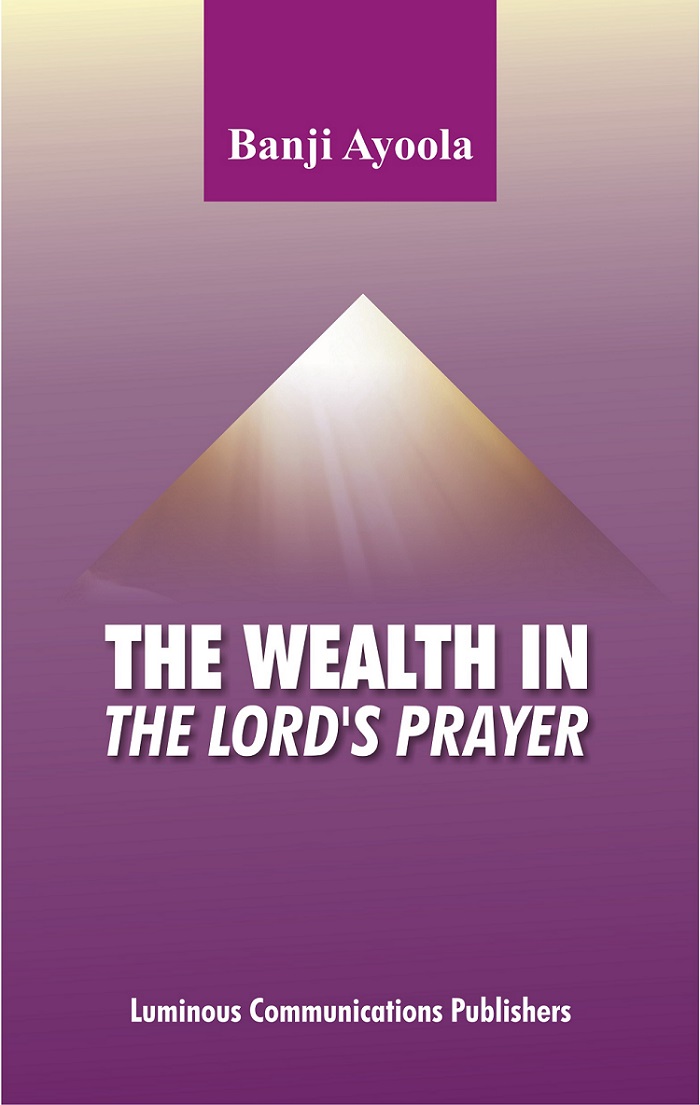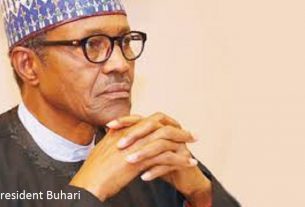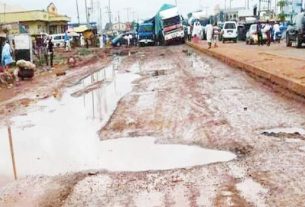State Creation or Misplaced Priority? Nigerians React to Lawmakers’ Proposal
Some Nigerians have described the proposal by the House of Representatives to create 31 new states as a misplaced priority.
They said the proposal is uncalled for now in a country already grappling with economic hardship, insecurity, and governance challenges.
To them generally, the focus should be on strengthening existing structures rather than multiplying administrative burdens.
They said the country is facing far more pressing concerns that should take priority over state creation.
The proposal was contained in a letter to the House of Representatives read during Thursday’s plenary by the Deputy Speaker, Benjamin Kalu, who presided over the session in the absence of the Speaker, Tajudeen Abbas.
It proposed six new states for North Central, four in the North East, five in the North West, five in South East, four in South-South and seven in South West.
The letter read in part, “The committee proposes the creation of 31 new states. As amended, this section outlines specific requirements that must be fulfilled to initiate the process of state creation, which include the following:
1. New state and boundaries
“An act of the National Assembly for the purpose of creating a new state shall only be passed if it requires support by at least the third majority of members.
2. The House of Representatives, the House of Assembly in respect of the area, and the Local Government Council in respect of the area are received by the National Assembly.
“Local government advocates for the creation of additional local government areas are only reminded that Section 8 of the Constitution of the Federal Republic of Nigeria, as amended, applies to this process.
“Specifically, in accordance with Section 8 (3) of the Constitution, the outcome of the votes of the State Houses of Assembly in the referendum must be forwarded to the National Assembly for fulfilment of state demands.
“Proposals shall be resubmitted in strict adherence to the stipulations. Submit three hard copies of the full proposal of the memoranda to the Secretariat of the Committee at Room H331, House of Representatives, White House, National Assembly Complex, and Abuja.
“Sub-copies must also be sent electronically to the Committee’s email address at info.hccr.gov.nj. For further information or contact, please contact the Committee Clerk at 08069-232381.
“The committee remains committed to supporting the implementing efforts that align with the Constitutional provisions and would only consider proposals that comply with the stipulated guidelines. This is coming from the Clerk of the Committee on Constitutional Review.”
The proposed new states are Okun, Okura and Confluence states from Kogi; Benue Ala and Apa states from Benue; FCT state; Amana state from Adamawa; Katagum from Bauchi states and Savannah states from Borno and Muri State from Taraba.
However, the announcement has been met with strong opposition from civil society groups, economic analysts, and ordinary Nigerians who believe the move is not in the best interest of the country.
A former Kaduna Central Senator, Shehu Sani, faulted the proposal as comical.
Reacting to the development in a post via his X page on Friday, Sani described the proposal as ironic and comical, saying that politicians just want to carve out mini colonies for themselves.
The former lawmaker stated that the country doesn’t need new states because many states depend on federal allocation for survival.
He wrote, “While many states are dependent on federal allocation for their survival, the House of Representatives proposal for 31 states is ironic and comical. Politicians just want to carve out mini colonies for themselves.”
Alhaji Waheed Lawal, Chairman of the Civil Societies Coalition in Osun State, described the proposal as a distraction from the real issues affecting the country.
“The nation is already struggling to manage the existing 36 states, many of which cannot even pay salaries without federal allocations from Abuja. Why add 31 more?” he questioned. “Lawmakers should focus on making laws that will improve the economy and the lives of Nigerians instead of pursuing an idea that is not in tandem with the aspirations of the people.”
Dr. Ayodeji Ologun, Executive Director of the Centre for Responsive Governance, echoed similar concerns. He emphasized the need to strengthen governance and the separation of powers between states and the federal government rather than expand the number of states.
“Most of the states today are not even self-sufficient, so one wonders why the clamour for new ones,” he said. “There are more germane issues of development that should be pursued at this time rather than the creation of more states.”
A significant concern among critics is the financial strain that additional states would impose on the nation.
Oluomo Sunday Akere, former Osun State Commissioner for Information and Strategy, warned that the cost of running a presidential system with 67 states would be unsustainable.
“The focus now should be on reviving the economy and ensuring security, not on creating jobs for political allies through new state governments,” Akere said. “This proposal is unwieldy and will negatively impact the economy.”
A senior civil servant in Osun State, who preferred to remain anonymous, took an even stronger stance. “Instead of creating more states, why not merge the existing ones? Many governors can’t even pay minimum wage, yet lawmakers are talking about adding new administrative burdens,” he said.
For Bishop Seun Adeoye, General Overseer of Sufficient Grace and Truth International Ministries, the discussion around state creation is nothing more than a distraction from the hardship Nigerians are currently facing.
“I understand that demands for new states stem from marginalization concerns, but to propose 31 at once is excessive. Even some states created by the military over 30 years ago are still struggling to develop,” he argued. “If we must create new states, one per geopolitical zone would be more reasonable.”
Some Nigerians believe the real solution lies not in creating more states but in allowing existing ones greater financial autonomy. Agidi Samuel, a governance advocate, argued that states should be allowed to control their resources and manage their affairs without excessive reliance on federal allocations.
“The moment states can generate and manage their own revenue, the economy will improve. States with oil will manage their oil, and lazy governors will no longer wait for allocations from Abuja,” he stated.
Thomas Akindele, a self-employed Lagos resident, took a more critical view of the lawmakers behind the proposal. “The National Assembly cannot propose the creation of industries and jobs for the people, but they can propose the creation of new states?” he asked. “This is what happens when we allow politicians who are out of touch with reality to make decisions for us.”
Many Nigerians see the proposed state creation as a political maneuver rather than a genuine attempt to foster development. Some believe it is a strategy to increase political influence and create new avenues for power distribution among elites.
With the country facing record inflation, unemployment, and an unstable economy, citizens are calling on lawmakers to redirect their efforts toward strengthening electoral laws, improving security, and tackling economic challenges.
As the debate continues, one thing remains clear: Nigerians want governance that prioritizes real solutions over political distractions. Whether this proposal moves forward or fades away, it has already ignited discussions about the true priorities of the nation’s leaders.
Time will tell whether this ambitious proposal is a step toward progress or just another chapter in Nigeria’s long history of political drama.







